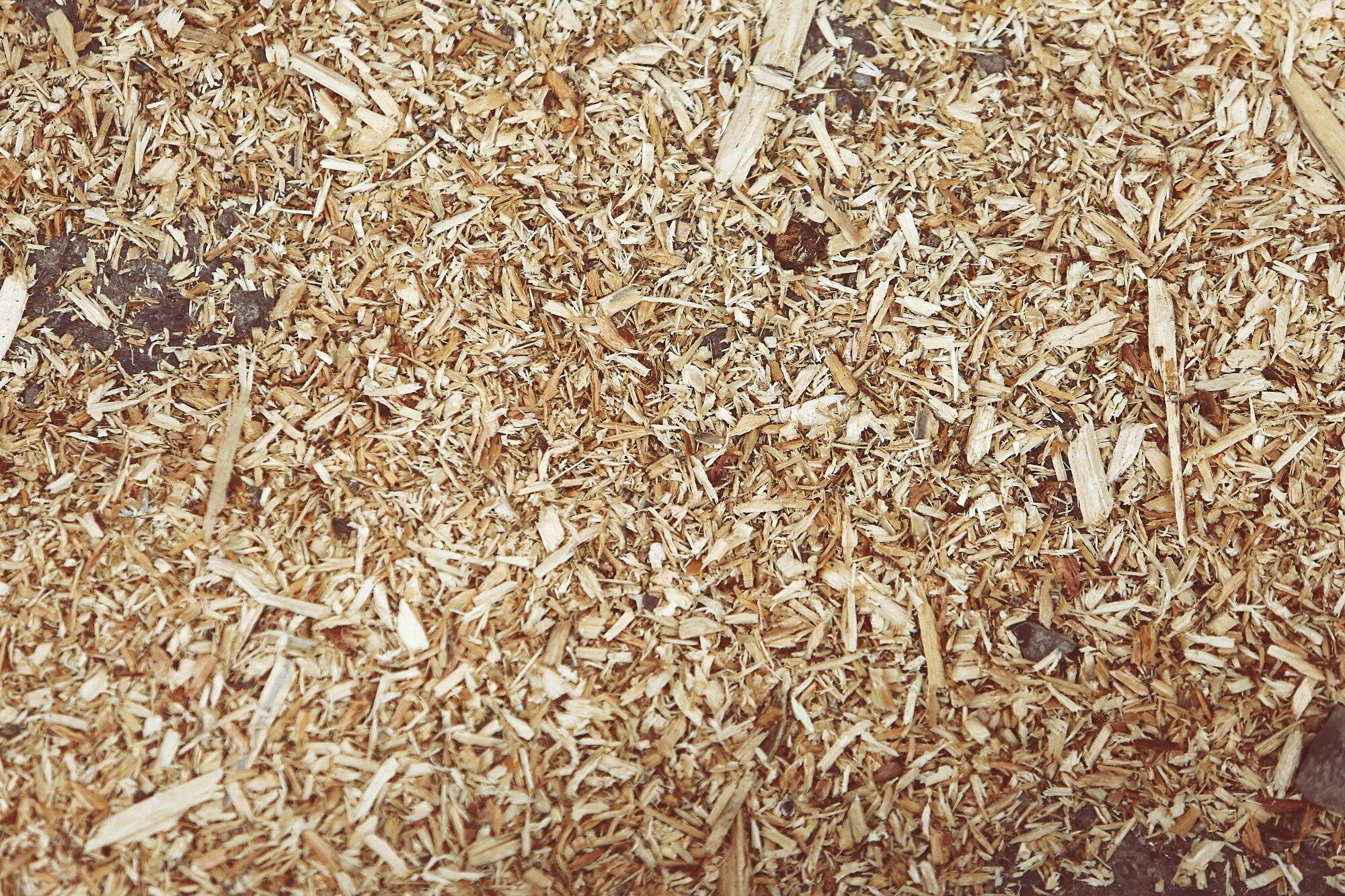Wondering if you should mulch your grass in winter? The quick and positive response is yes!
Are you new to winter lawn care? If so, don’t worry. Plenty of people don’t even take lawn care to this level.
If you’re here, we know you’re committed to your lawn. We’ll dive deeper in this article, guiding you on how to mulch and the expected perks you can look forward to.
Winter Lawn Care
In cities like Kensington and Bethesda, MD, mulch is vital for grass in winter. Its main job? Acting as an insulator.
Mulch acts as a buffer. It levels soil temperature and prevents damage to plant roots. Damage to roots often happens from rapid freezing and thawing.
Wide temperature swings from freezing and thawing make soil water expand and contract. These constant expansions and contractions push and turn plants and their roots. Heaving occurs by pushing crowns out of the soil, splitting some roots, and exposing others on the surface.
Besides guarding against soil compaction, mulching has another hidden benefit: moisture retention. With winter’s dry air and winds, soil loses water fast.
Mulch slows this loss, ensuring the soil remains hydrated through the cold months. This simple step differentiates between a struggling lawn and a thriving one as winter sets in.
Selecting the Right Lawn Mulch
Choosing the right mulch is crucial for effective winter lawn care. Not all types are suitable. Some invite issues like providing a home for rodents or contributing to snow mold.
Ideal options are straw or hay. These are excellent for insulation without the downsides of harboring pests.
Shredded leaves also make fantastic mulch, offering dual benefits. It keeps weeds in check and enriches the soil with nutrients as they decompose. Choosing the right mulch protects your lawn and boosts its spring health comeback.
Timing Winter Mulching
Knowing when to apply mulch is as vital as choosing the right type. The ideal time is after the first frost hits and before the ground freezes.
This window ensures the soil begins to cool at an appropriate pace. It avoids premature freezing that leads to soil compaction.
Soil compaction is like when you press down on a sponge, and it gets smaller. This happens to soil when heavy things like machines or animals walk over it and when there isn’t enough water for the soil.
When soil gets compacted, it can’t soak up rain as well. This lack of absorption leads to more water running off the surface and causing erosion. Plant growth is hard in compacted soil because there’s less space for air and water.
Applying a 2-4-inch layer of mulch too early or too thickly can trap warmth for too long. This extended warmth disrupts the natural dormancy cycle of grass and other plants.
Protect Your Grass in Winter
Mulching your grass in winter is more than care-it’s a must for a robust spring return. At BAM’S Landscaping, our commitment goes beyond your lawn to encompass community well-being.
Choose us for unparalleled service, backed by our 100% no-risk guarantee and the fastest response time in Montgomery County. Ready for a lush, protected lawn? Contact us today, and let’s prepare your garden for winter together.



